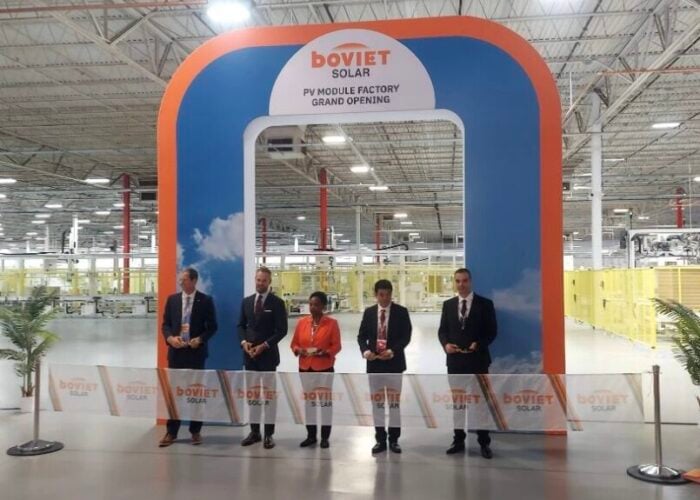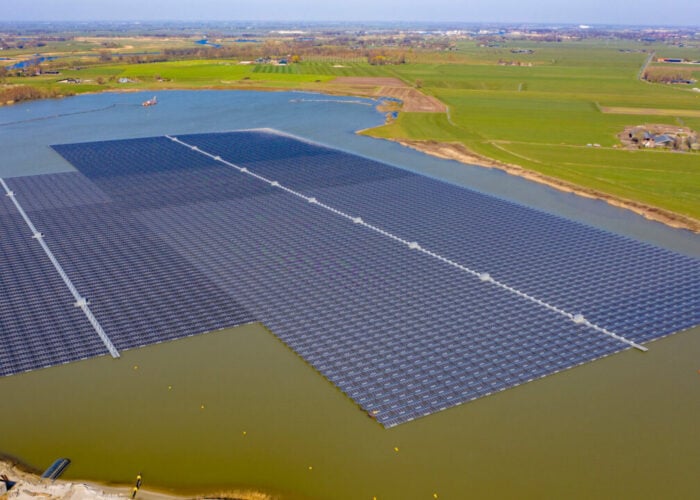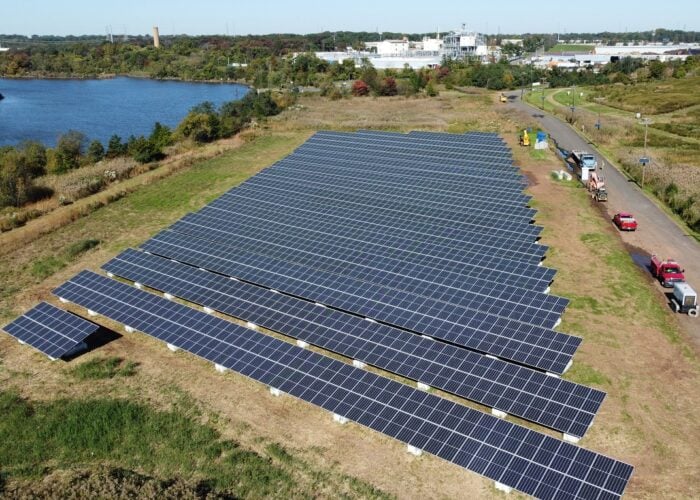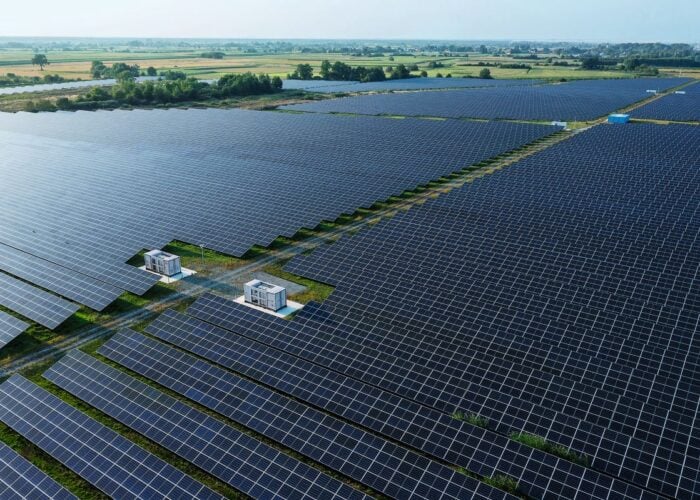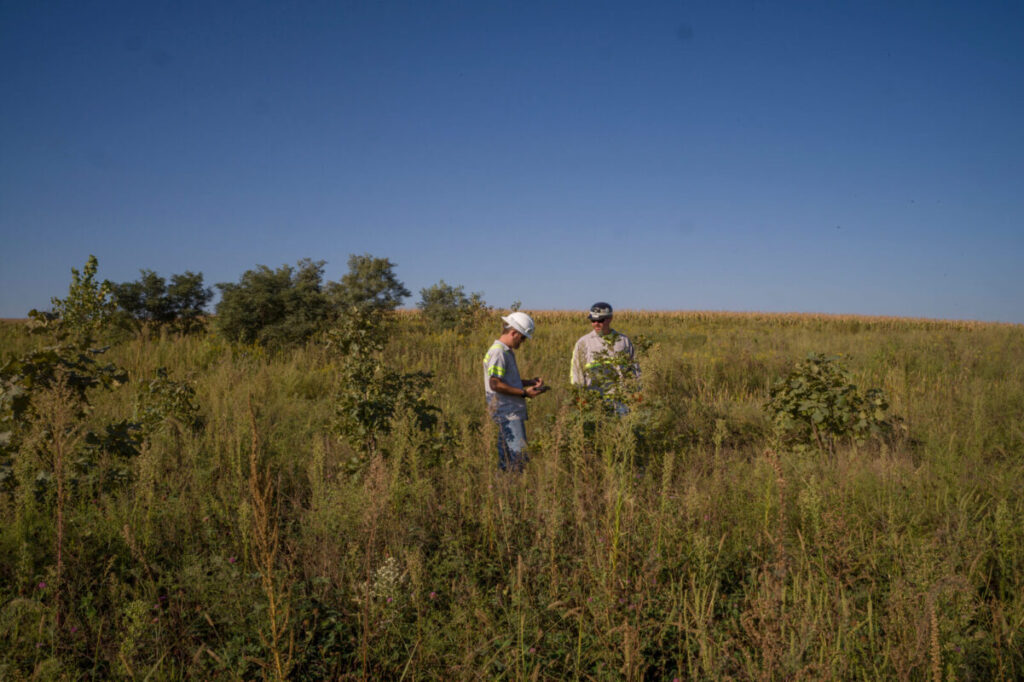
German electricity firm RWE has partnered with US coal mining firm Peabody to develop solar PV and energy storage projects on reclaimed mining land in the Midwestern US.
RWE has acquired a majority stake in R3 Renewables, a joint venture launched by Peabody and two financial backers to develop renewable energy projects on Peabody’s decommissioned mining land. R3 was established to develop 5.5GW of solar and energy storage projects across 10 sites in Indiana and Illinois.
Unlock unlimited access for 12 whole months of distinctive global analysis
Photovoltaics International is now included.
- Regular insight and analysis of the industry’s biggest developments
- In-depth interviews with the industry’s leading figures
- Unlimited digital access to the PV Tech Power journal catalogue
- Unlimited digital access to the Photovoltaics International journal catalogue
- Access to more than 1,000 technical papers
- Discounts on Solar Media’s portfolio of events, in-person and virtual
Or continue reading this article for free
Through the acquisition, RWE will acquire seven potential solar and energy storage projects on Peabody’s land and will partner with the mining firm on the remaining three.
Andrew Flanagan, CEO of RWE Clean Energy said the partnership was: “An exciting opportunity for RWE to invest in rural regions of Indiana and Illinois and bring strong economic development.”
Both states are connected to the Midcontinent Independent System Operator (MISO) transmission system, the largest in the US, which has seen growth in renewable energy investments as a direct result of retiring coal plants over recent years. April forecasts from energy industry analyst S&P Global said that MISO is expected to retire around 7GW of coal capacity through 2027.
Some of the US’ largest solar PV developers have filled the gaps created by retiring coal capacity. PV Tech Premium spoke with Arevon earlier this year about its expansions into Indiana, which were directly attributed to retiring coal capacity and the attendant grid infrastructure already in place for new solar capacity developments.
RWE is already present in the state – it began construction on the 150MW Casey Fork PV project in Jefferson County, Indiana, in June.
While Indiana and, to a lesser extent, Illinois have seen advancements and support for solar PV capacity, some MISO states have been more complicated.
Kentucky utilities received approval last year to replace 1GW of coal capacity with solar PV and energy storage capacity, a move which was applauded by industry commentators. However, more recently, the same utilities (Kentucky Utilities (KU) and Louisville Gas and Electric (LG&E)) announced a pause on any new solar capacity until 2035, despite growing electricity demand. The utilities also announced an expansion of gas-fired capacity.
The future of fossil fuel generation in the US could change significantly following the electoral victory of president-elect Donald Trump, who has promised to “drill, baby, drill” in his second term in the White House.

